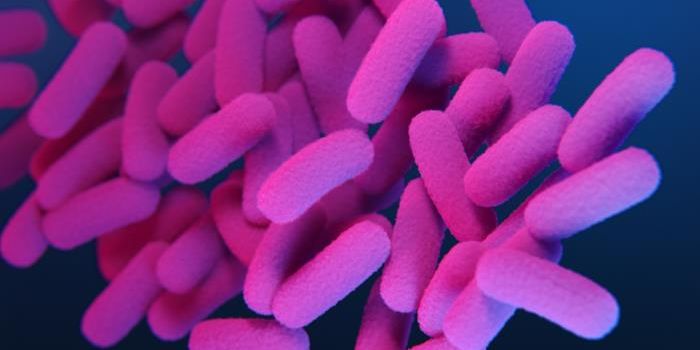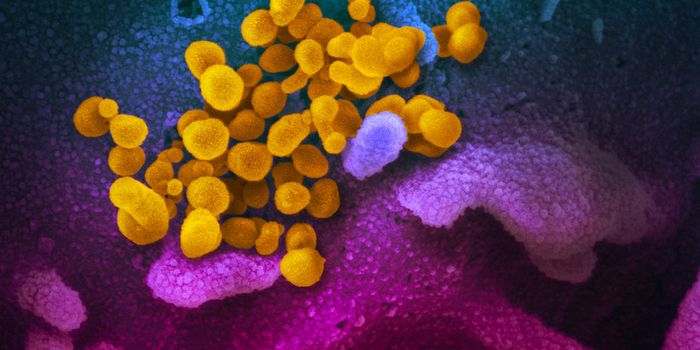Antiretroviral Therapy Eliminates the Risk of HIV Transmission
While there is no cure for the human immunodeficiency virus (HIV), treatment for the infectious disease involves antiretroviral treatment therapy (ART), which aims to keep the level of viral particles in the blood low. Those levels are measured as viral load, and low levels can dramatically reduce the risk that the virus will be passed on to someone else.
After an eight-year study, researchers have reported that no transmissions of HIV have occurred in gay couples where one person does not have HIV, and the other person is HIV positive but receiving effective therapy - when the viral load is below 200 copies in a milliliter of blood. The PARTNER2 study involved couples that had unprotected sex an estimated 77,000 times, and has been reported in The Lancet. An analysis of the participants' habits by the researchers indicated that the treatment stopped about 472 transmissions of HIV.
“The PARTNER study has given us the confidence to say, without doubt, that people living with HIV who are on effective treatment cannot pass the virus on to their sexual partners,” said Dr. Michael Brady, Medical Director at Terrence Higgins Trust. “It is impossible to overstate the importance of these findings," he added. "This has incredible impact on the lives of people living with HIV and is a powerful message to address HIV-related stigma.”
An earlier phase of this research had focused on heterosexual couples, where the ART therapy had the same impact. Importantly, the scientists have now shown that antiretrovirals are just as effective at preventing HIV transmission in gay couples as they are in heterosexual couples. When an HIV-positive partner is not being treated, there is a greater risk of HIV transmission during anal sex compared to vaginal sex.
“Our findings provide conclusive evidence for gay men that the risk of HIV transmission with suppressive ART is zero,” emphasized the lead author of the study, Professor Alison Rodger of the UCL Institute for Global Health. “Our findings support the message of the international U=U campaign, that a suppressed viral load makes HIV untransmittable. This message has been endorsed by more than 780 HIV organizations in 96 countries and can help end the HIV pandemic by preventing HIV transmission, and tackling the stigma and discrimination that many people with HIV face.”
Rodger added that “increased efforts must now focus on wider dissemination of this powerful message and ensuring that all HIV-positive people have access to testing, effective treatment, adherence support and linkage to care to help maintain an undetectable viral load.”
“It is crucial to implement science with importance for the involved community and people living with HIV. We have now provided the conclusive scientific evidence for how treatment effectively prevents further sexual transmission of HIV,” said the co-principal investigator of the PARTNER study, Jens Lundgren, a Professor of Infectious Diseases at Rigshospitalet, University of Copenhagen.
Now that ART has been shown to be effectively able to stop the spread of HIV, efforts to extend this treatment to all impacted, and stop the spread of the disease can make real progress.
Sources: UCL, The Lancet








